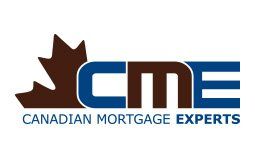Mortgage Financing in a Competitive Housing Market.
DLC Canadian Mortgage Experts • February 25, 2021

Canada is an interesting place to buy a property right now. If you’ve paid attention to the media at all over the last few weeks, you’ve probably heard that…
- Many people are still out of work due to COVID-19.
- The bank of Canada has forecasted rates will stay low for a long time.
- Although house prices keep rising, we may be in for a housing crash sooner than later.
While more recently, the media is reporting that…
- Canadian house prices are hitting record highs with no stop in sight.
- There is very little inventory available in housing markets across Canada.
- This week, bond rates have started to rise, and we can likely expect lenders to follow with an increase in fixed rates.
Needless to say, things can change pretty quickly. And while talking about the “Canadian housing market” is a lot like talking about the “weather in Canada”; it varies regionally and will be significantly different depending on where you live, one thing seems to be true, if you’re looking to buy a property, you can expect a competitive housing market.
Some markets will be hotter than others, but buying a home in a competitive housing market can be difficult.
You know you’re in a hot housing market when…
- Properties sell within days of listing on MLS.
- Properties are selling at or above the asking price.
- Properties are selling with competing offers.
- Properties are selling with competing offers well over the asking price.
Unfortunately, this can make you feel…
- Rushed to make decisions out of your comfort zone.
- Like you are being priced out of the market.
- Like you won’t ever find a property.
- Like you may need to change up your strategy to prevent being outbid by competing offers.
Now, if you get to this point in your home buying journey, you might begin to feel desperate. Understandably so. You might even look for ways to get your offer accepted and consider taking risks you wouldn't otherwise take. You may even consider (or be encouraged to) submit a subject-free offer.
While writing a subject-free offer might seem like a good solution to get your offer accepted, you need to know that it comes with significant risk. The biggest risk you take is that your deposit could be forfeit if you write an unconditional offer and your financing is declined.
The only time a subject-free offer is without risk is when you have enough money to purchase the property with the cash you have in the bank. So if you don’t have the cash to buy the house outright, the smart move is to mitigate your risk by including a “subject to financing” clause in the offer to purchase.
Mortgage financing is never guaranteed. The reason mortgage financing isn’t guaranteed is that securing mortgage financing is not only dependent on you the applicant, but also on the condition and value of the property. So even if you have the most stable income, an incredible credit history, and a large downpayment, if you need a mortgage, all lenders will assess the property’s condition and value before agreeing to mortgage financing.
Their scrutiny of the property is the same regardless of whether you include a subject to financing clause or make your offer unconditional.
Unfortunately, if you’re in a competitive situation, this is where you have to make quick decisions and put your best offer forward, but this is also when you’re at the highest risk of making mistakes. There are many reasons a lender can decline your mortgage application; here are just a few of them.
- The property doesn’t appraise for what you offer, forcing you to come up with considerably more for a downpayment. This is especially true in competitive situations.
- The MLS listing contains compromising information.
- The property was a former grow op or drug lab.
- The property has a special assessment pending.
- The condo insurance docs aren’t acceptable to the lender.
- The property doesn’t meet zoning or size requirements.
- The lender finds out there is asbestos, aluminum or knob and tube wiring, or an underground oil tank.
- Or anything else they deem too risky to lend money.
So what can you do? Well, the best place to start is to make sure you have all your ducks in a row. Here are things to consider.
- Do you have a mortgage preapproval in place?
- Do you have all the supporting documents submitted to your mortgage professional
- Are you working with a mortgage professional who has outlined the process, including how long they need to arrange financing?
- Do you have rock-solid personal guidelines for making an offer? This will help you to avoid making an emotional last-minute decision.
- Are you working with a real estate professional who is willing to help you stick to those personal guidelines?
Securing mortgage financing in a competitive housing market is tough. So if you find yourself without a concrete plan, please contact any of our Canadian Mortgage Experts anytime! We deal with high-stress situations like this regularly, and we would love to provide you with the counsel you need.
RECENT POSTS

Did you know there’s a program that allows you to use your RRSP to help come up with your downpayment to buy a home? It’s called the Home Buyer’s Plan (or HBP for short), and it’s made possible by the government of Canada. While the program is pretty straightforward, there are a few things you need to know. Your first home (with some exceptions) To qualify, you need to be buying your first home. However, when you look into the fine print, you find that technically, you must not have owned a home in the last four years or have lived in a house that your spouse owned in the previous four years. Another exception is for those with a disability or those helping someone with a disability. In this case, you can withdraw from an RRSP for a home purchase at any time. You have to pay back the RRSP You have 15 years to pay back the RRSP, and you start the second year after the withdrawal. While you won’t pay any tax on this particular withdrawal, it does come with some conditions. You’ll have to pay back the total amount you withdrew over 15 years. The CRA will send you an HBP Statement of Account every year to advise how much you owe the RRSP that year. Your repayments will not count as contributions as you’ve already received the tax break from those funds. Access to funds The funds you withdraw from the RRSP must have been there for at least 90 days. You can still technically withdraw the money from your RRSP and use it for your down-payment, but it won’t be tax-deductible and won’t be part of the HBP. You can access up to $35,000 individually or $70,00 per couple through the HBP. Please connect anytime if you’d like to know more about the HBP and how it could work for you as you plan your downpayment. It would be a pleasure to work with you.

If you’re new to the home buying process, it’s easy to get confused by some of the terms used. The purpose of this article is to clear up any confusion between the deposit and downpayment. What is a deposit? The deposit is the money included with a purchase contract as a sign of good faith when you offer to purchase a property. It’s the “consideration” that helps make up the contract and binds you to the agreement. Typically, you include a certified cheque or a bank draft that your real estate brokerage holds while negotiations are finalized when you offer to purchase a property. If your offer is accepted, your deposit is held in your Realtor’s trust account. If your offer is accepted and you commit to buying the property, your deposit is transferred to the lawyer’s trust account and included in your downpayment. If you aren’t able to reach an agreement, the deposit is refunded to you. However, if you commit to buying the property and don’t complete the transaction, your deposit could be forfeit to the seller. Your deposit goes ahead of the downpayment but makes up part of the downpayment. The amount you put forward as a deposit when negotiating the terms of a purchase contract is arbitrary, meaning there is no predefined or standard amount. Instead, it’s best to discuss this with your real estate professional as your deposit can be a negotiating factor in and of itself. A larger deposit may give you a better chance of having your offer accepted in a competitive situation. It also puts you on the hook for more if something changes down the line and you cannot complete the purchase. What is a downpayment? Your downpayment refers to the initial payment you make when buying a property through mortgage financing. In Canada, the minimum downpayment amount is 5%, as lenders can only lend up to 95% of the property’s value. Securing mortgage financing with anything less than 20% down is only made possible through mortgage default insurance. You can source your downpayment from your resources, the sale of a property, an RRSP, a gift from a family member, or borrowed funds. Example scenario Let’s say that you are looking to purchase a property worth $400k. You’re planning on making a downpayment of 10% or $40k. When you make the initial offer to buy the property, you put forward $10k as a deposit your real estate brokerage holds in their trust account. If everything checks out with the home inspection and you’re satisfied with financing, you can remove all conditions. Your $10k deposit is transferred to the lawyer’s trust account, where will add the remaining $30k for the downpayment. With your $40k downpayment made, once you sign the mortgage documents and cover the legal and closing costs, the lender will forward the remaining 90% in the form of a mortgage registered to your title, and you have officially purchased the property! If you have any questions about the difference between the deposit and the downpayment or any other mortgage terms, please connect anytime. It would be a pleasure to work with you.

